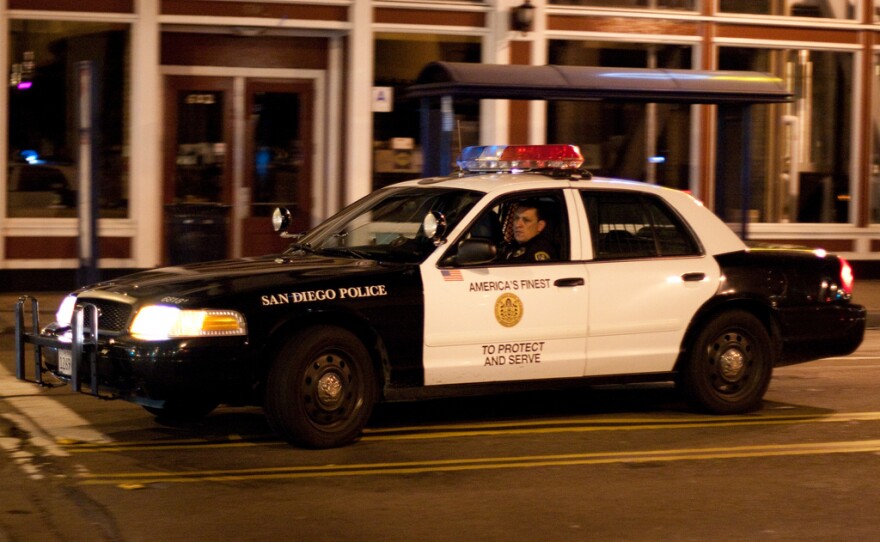At the behest of federal authorities, law enforcement agencies in San Diego and across the nation have marching orders to be on heightened alert for potential terror threats over the Fourth of July weekend.
Officials did not disclose whether the call for increased vigilance during the patriotic holiday was prompted by any specific intelligence about known or possible plots against the country, as opposed to general trends in violent activities on the part of the Islamic State and other jihadist groups.
On Friday, U.S. Homeland Security Secretary Jeh Johnson stressed the readiness message while commenting on terror attacks that had occurred hours earlier in France, Kuwait and Tunisia.
"Particularly with the upcoming July Fourth holiday, here in the United States the Department of Homeland Security and the FBI continue to communicate with state and local law enforcement about what we know and see," Johnson said. "We are encouraging all law enforcement to be vigilant and prepared. We will also adjust security measures, seen and unseen, as necessary to protect the American people."
Michael Morell, former deputy director of the CIA, told CBS he felt there was "nothing routine" about the Independence Day security bulletin.
"I wouldn't be surprised if we're sitting here a week from today talking about an attack over the weekend in the United States," he told the network. "That's how serious this is."
Johnson urged residents to go on with their lives as usual while keeping an eye out for people or things that seem out of place or suspicious.
"We continue to encourage all Americans to attend public events and celebrate this country during this summer season, but always remain vigilant," he said. "'If you see something, say something' is more than a slogan."







